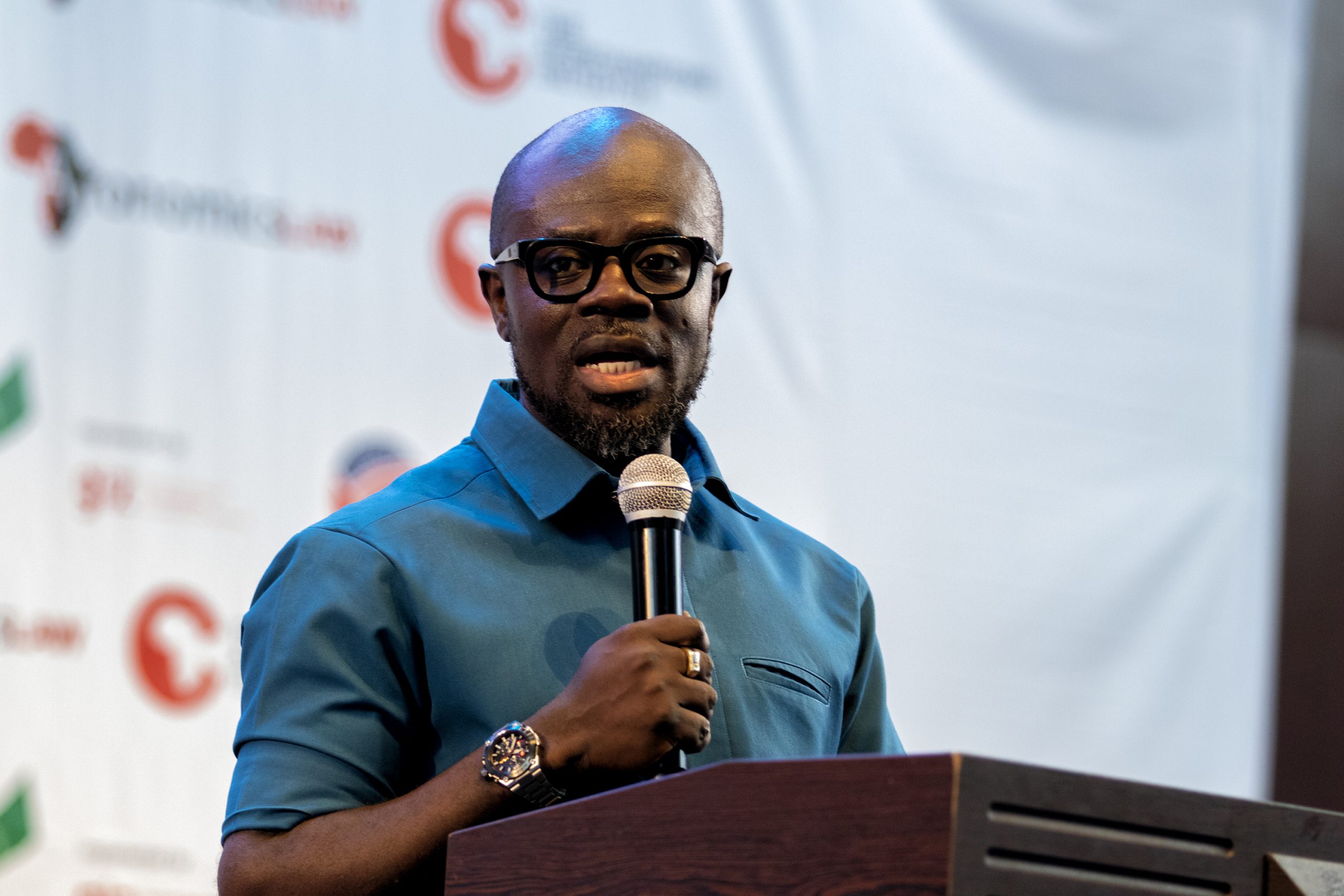adverts
Dean of the UPSA Law School, Professor Ernest Kofi Abotsi, has suggested that Dr. Kwabena Duffuor, the founder of the defunct uniBank, may have been scapegoated in the state’s bid to demonstrate accountability in the wake of the banking sector reforms.
His comments follow the decision by the Attorney-General and Minister for Justice, Dr. Dominic Ayine, to enter a nolle prosequi in the criminal case involving Dr. Duffuor and seven others. The decision effectively discontinues the prosecution without providing detailed reasons, although the Attorney-General’s office cited significant recovery of state funds—more than 60% of losses—as a justification.
Speaking on JoyNews’ Newsfile program, Prof. Abotsi explained that the Attorney-General may have been influenced by the absence of precedent in prosecuting similar financial cases, which made the Duffuor case both politically and legally delicate.
adverts
“First of all, when a court or an attorney general is making decisions on the preference of charges or the determination of guilt, one key factor considered is stability—whether the person is a repeat offender or whether anyone has even been punished for similar behavior in the past,” Prof. Abotsi noted.
“In this case, perhaps there hasn’t been any prosecution or state effort in the past to retrieve similar losses, so the accused person might be facing a scapegoating scenario to send a message.”
Dr. Duffuor and his co-accused were being tried over the collapse of uniBank in 2018 after the Bank of Ghana declared it insolvent. The charges stemmed from allegations that shareholders and related parties misappropriated over GHS 5.3 billion, with Dr. Duffuor himself accused of knowingly receiving GHS 663 million in funds classified as proceeds of criminal offenses.
Prof. Abotsi acknowledged that the prosecution could have been intended to make a public example out of Dr. Duffuor, noting that such scapegoating is often employed in statecraft to deter future misconduct.
“For scapegoat purposes, one is confronted with both punishing harshly to send a signal and also with the reality that this person is the first. So the question is, should this person be unduly punished when others were not even pursued?”
He further argued that such cases must strike a balance between moral responsibility and legal fairness, especially when there is no established template for handling similar misconduct.
The Attorney-General’s office, through Deputy AG Dr. Justice Srem-Sai, said the nolle prosequi decision was pragmatic and aligned with national interest, especially given the recovery of significant public funds and the desire to focus on more productive use of legal resources.
However, Prof. Abotsi warned that ending the case without full adjudication could undermine public trust in Ghana’s justice system, especially if it appears selective or politically motivated.
He also emphasized that while a nolle prosequi discontinues the case, it does not amount to an acquittal, meaning the state can refile charges should new evidence surface.
“This decision raises legitimate concerns about the consistency of our justice system,” Prof. Abotsi concluded. “It reinforces the need for a clear prosecutorial policy and a broader conversation about accountability in Ghana’s banking crisis.”
The collapse of uniBank was part of a wider banking sector cleanup that began in 2017 and saw the closure of several financial institutions. While the government defended the exercise as necessary to restore stability, critics continue to question the transparency, cost—estimated at over GHS 30 billion—and the motivations behind the targeted prosecutions.
Click the link Puretvonline.com | WhatsApp Channel to join the WhatsApp channel
GOT A STORY?
Contact/WhatsApp: +233243201960 or Email: manuelnkansah33@gmail.com


